Explore the Best AI Image Gallery
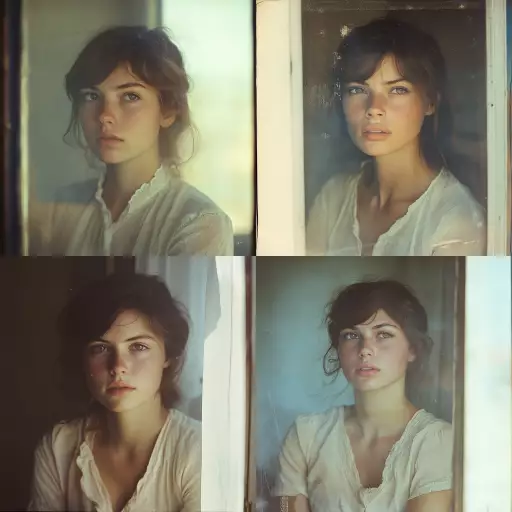
Crafting the Future: AI-Generated Media and the Evolving Creative Landscape
The intersection of artificial intelligence (AI) and creativity is rapidly evolving, giving rise to a new era of artistic expression and media production. AI-generated media, encompassing everything from text and images to music and video, is transforming the creative landscape, presenting both exciting opportunities and complex ethical challenges.
A New Frontier in Creative Expression
AI-powered tools are empowering individuals with limited technical expertise to create compelling content. Imagine a world where anyone can generate stunning visuals, compose original music, or write captivating stories, all with the help of AI algorithms. This democratization of creativity has the potential to foster innovation and give voice to previously unheard perspectives.
Unlocking Potential Applications
The applications of AI-generated media are vast and varied:
- Art and Design: AI can assist artists in generating unique concepts, exploring different styles, and even creating entirely new artistic mediums. Imagine collaborating with an AI to develop a series of abstract paintings or designing interactive digital art installations.
- Content Creation: Writers can leverage AI tools to overcome writers block, generate story ideas, or even craft entire articles or scripts. Marketers can utilize AI to personalize content, create engaging social media posts, and develop targeted advertising campaigns.
- Music Production: AI algorithms can compose original music scores, generate melodies, and even create entire songs based on specific genres or moods. This opens up new possibilities for musicians to explore innovative soundscapes and collaborate with AI as creative partners.
Navigating the Ethical Terrain
While the potential benefits of AI-generated media are undeniable, its crucial to address the ethical considerations that accompany this transformative technology:
- Copyright and Ownership: Who owns the copyright to AI-generated content? Is it the creator who provided the input, the developer of the AI algorithm, or the AI itself? These questions require careful consideration and legal frameworks.
- Bias and Representation: AI algorithms are trained on vast datasets, which can contain inherent biases. This can result in AI-generated media that perpetuates stereotypes or excludes certain groups. Its essential to ensure fairness and inclusivity in the development and deployment of AI tools.
- Authenticity and Misinformation: The ability to create hyperrealistic AI-generated content raises concerns about the spread of misinformation and deepfakes. Establishing mechanisms to detect and mitigate the misuse of this technology is paramount.
Shaping the Future of Creativity
The future of creative expression lies at the intersection of human ingenuity and AI capabilities. As AI technology continues to advance, we can expect even more innovative applications that blur the lines between reality and virtuality. Its crucial to foster a collaborative approach, where humans and AI work together to harness the transformative power of this technology while upholding ethical principles.
By embracing responsible development and fostering open dialogue, we can ensure that AI-generated media empowers creativity, promotes inclusivity, and shapes a future where art, technology, and human imagination converge in extraordinary ways.

](https://images.ai-img.art/thumbnails/150/7c569b0eb6e7eddaf8d96b3e3532d8b0de6a7d79916c0ef333632070a3085997.webp)
](https://images.ai-img.art/thumbnails/150/2055d76bd9940ffa62a06896525d0f07a5b57bbe3b766a043d977b1c678d69c1.webp)
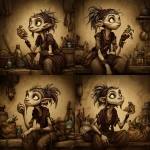
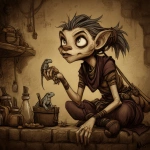


](https://images.ai-img.art/thumbnails/150/76d26b409b1a7acfd86a78c5d5047ff9bd7be9ecf55ce838cc2c854bf42c00be.webp)
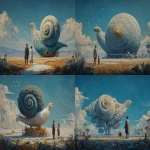

](https://images.ai-img.art/thumbnails/150/f401da92914cabe9929e88ee4a02fbe744702d0c12dcbbd71efa8cf4cf1a6fee.webp)


](https://images.ai-img.art/thumbnails/150/229d202f0ba192ad857509389a22aa5e3b948a813ee711996ae9d32631b486e0.webp)
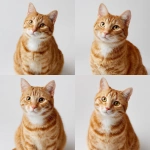
](https://images.ai-img.art/thumbnails/150/8561b450506900783584c556bf57ccab16188eb111ae0b9ec0cc34841b9a6825.webp)
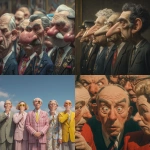
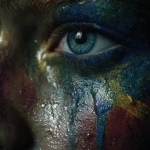
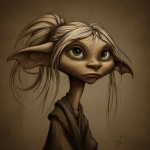

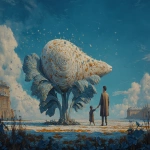

](https://images.ai-img.art/thumbnails/150/5d3ed451a35bec12705494605ebbe909dc0f4319e9a6064ab824b39609ada54e.webp)
](https://images.ai-img.art/thumbnails/150/e3a2739669e7e25395e2cc5578f479057e60973d76d85724a5758b6e1039ee3c.webp)
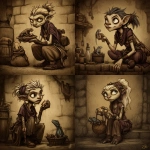

](https://images.ai-img.art/thumbnails/150/546184a0cbf4b3d07f6ce10e72c0faf2a088fd4aac33c10422c11d76bf734be8.webp)
](https://images.ai-img.art/thumbnails/150/c064d275c74e06a80b37064ffe83a30913361f0a4602f9a669e8ecbdb37ec6ad.webp)


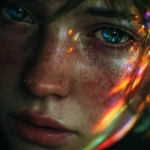
](https://images.ai-img.art/thumbnails/150/fe2cfa6e64066976325cd677ef63e43820c1843dc81bcf90c0b68dc300689e03.webp)






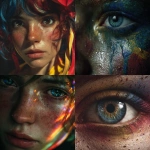


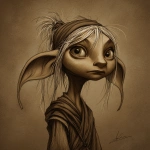


](https://images.ai-img.art/thumbnails/150/912c326dfe63108e4ca5cdcf408c2247b3e7d4afacde8aac324b06a9a4a6913c.webp)




